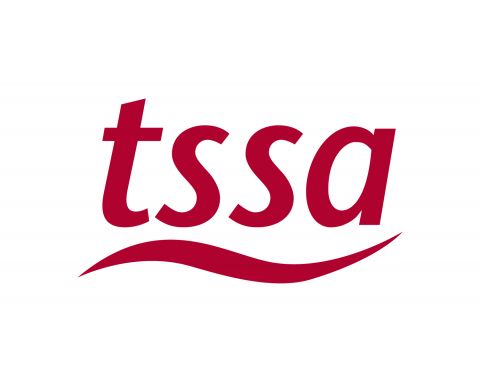Transport and travel union TSSA has backed as ‘vital and compelling’ a major report into effects of night working.
The new analysis – undertaken on behalf of TSSA, CWU, Community, Equity and the RMT by Anglia Ruskin University – demonstrates staff shortages are leading to excessive work demands being placed on night workers.
According to the unions’ report, the health risks of regular night work include cardiovascular, gastrointestinal and metabolic disorders such as diabetes and metabolic disorder.
Night shift intensification also leads to excessive fatigue, as well as to deterioration of family and social relations. Further, night workers face safety risks when travelling to and from shifts, particularly women.
TSSA commissioned
further research from the report’s authors into the impact on rail workers. The union has many members in jobs such as controllers, depot shift engineers and operational supervisors as well as managers in resources, construction and customer service roles – who undertake night work as part of their shift patterns.
The large amount of overtime done by railway workers can further increase the number of night shifts and lead to excessive fatigue. This also finds that there is excessive workloads and intensification, plus lack of managerial support for these workers, all of which can undermine health and safety, and increase stress and fatigue.
Older workers report increasing difficulties coping with night work. Most night workers suffer from fatigue and sleep deprivation due to poor quality sleep, split sleep and short durations (4-6hrs) and difficulties staying asleep.
Most workers reported frequently not having sufficient time or staff to be able to take meal breaks. This is especially concerning for those on 12 hrs shifts. Meal breaks are important in reducing fatigue.
All the workers over 50 reported that they were concerned about the impact on night work on their health, that their fatigue and recovery time was increasing as they become older, and that they did not think their bodies would ‘hold up for much long’.
Commenting, TSSA General Secretary, Maryam Eslamdoust, said: “This is a vital and compelling report which must not be ignored.
“Our members across the rail and wider transport network know full well the negative impact of night shifts being undertaken on a regular basis. They are the backbone of British industry.
“Our union was pleased to play a leading role in the formulation of this research and the points relating to fatigue, stress, rest periods, health and safety and much more must be
implemented via the recommendations in the report.
“Unquestionably the Labour government’s historic, and badly needed, Employment Rights Bill is a piece of legislation which will greatly help those doing night shifts, not only on our railways but far beyond.”
Help keep news FREE for our readers
Supporting your local community newspaper/online news outlet is crucial now more than ever. If you believe in independent journalism, then consider making a valuable contribution by making a one-time or monthly donation. We operate in rural areas where providing unbiased news can be challenging. Read More About Supporting The West Wales Chronicle






















